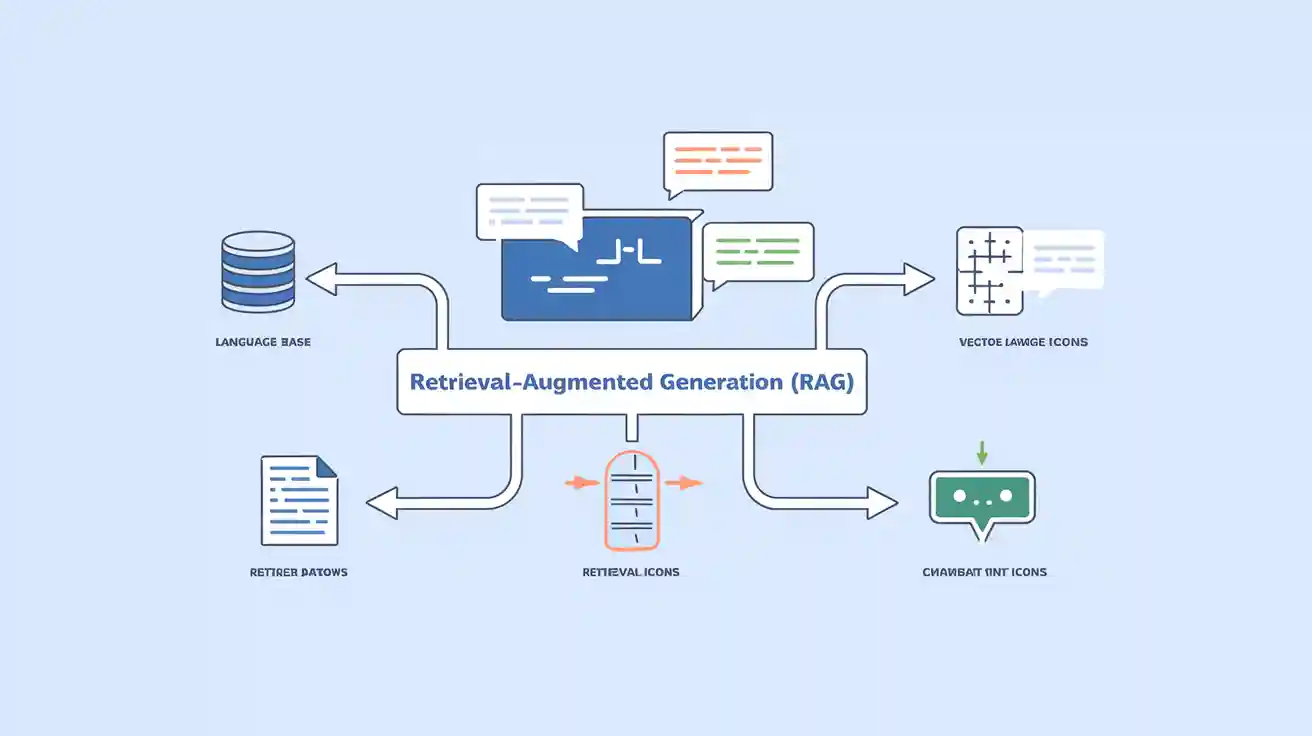What is Generative Engine Optimization (GEO)? GEO Definition, Key Differences from SEO & AI Search Optimization Explained
Discover what Generative Engine Optimization (GEO) is, how it differs from traditional SEO, and why GEO is essential for AI search visibility. Learn the core components, real-world applications, and how brands can optimize for AI-driven search engines like ChatGPT and Google AI Overview. Includes actionable GEO strategies and brand case studies.

One-Sentence Definition
Generative Engine Optimization (GEO) is the process of optimizing digital content to maximize its visibility and citation in AI-driven search engines—such as ChatGPT, Google AI Overview, and Perplexity—by ensuring content is structured, authoritative, and contextually relevant for large language models (LLMs) to synthesize and reference in their generated answers. [KDD '24, ACM SIGKDD]
Detailed Explanation
Unlike traditional SEO, which focuses on ranking web pages in search engine results (SERPs) through keywords, backlinks, and technical optimization, GEO is about making your content discoverable, understandable, and quotable by AI models that generate direct answers to user queries. AI search engines do not simply list links—they synthesize information from multiple sources, often without sending users to your website. GEO ensures your brand, data, and expertise are embedded in the knowledge base and real-time outputs of these AI systems, increasing the likelihood of being cited or referenced in AI-generated responses. [NoGood]
Key differences between SEO and GEO:
Aspect | SEO (Search Engine Optimization) | GEO (Generative Engine Optimization) |
|---|---|---|
Target | Traditional search engines (Google, Bing) | AI-driven engines (ChatGPT, Perplexity, Gemini, Google AI Overview) |
Goal | Rank higher in SERPs | Be cited/included in AI-generated answers |
Optimization Focus | Keywords, backlinks, technical SEO | Content structure, authority, entity clarity, UGC, schema, brand reputation |
Success Metrics | Clicks, rankings, traffic | Citation frequency, AI answer inclusion, brand share-of-voice in AI |
Visual:
Key Components of GEO
Content Quality & Context: Provide in-depth, original, and well-structured content that directly answers user questions. Use clear headings, bullet points, and concise summaries (e.g., TL;DR sections) to make information easy for both humans and AI to parse.
Structured Data & Technical Accessibility: Implement schema markup (FAQ, Article, Product, etc.), ensure your site is crawlable by AI bots (e.g., GPTBot), and optimize for speed and mobile-friendliness. Structured data helps AI understand and extract relevant information.
Entity & Brand Authority: Build consistent brand presence across platforms (Wikipedia, social media, reputable news), and ensure your brand is recognized as an authoritative entity. Citing credible sources and including expert quotes/statistics increases trustworthiness.
Community & Off-Page Signals: Encourage user-generated content (UGC) and active participation in forums (Reddit, Quora) and reviews. AI models often reference community discussions and social proof when generating answers.
User Experience & Engagement: Design content for skimmability and depth, balancing human usability with AI readability. Multimedia elements (images, videos, tables) can enhance both engagement and AI parsing.
Content Freshness & Multilingual Coverage: Regularly update content to reflect the latest trends and ensure coverage in multiple languages if targeting global audiences.
Visual:
Real-World Applications
Brand Visibility in AI Search: A B2B SaaS company improved its presence in ChatGPT’s recommendations by publishing joint reports with high-authority tech blogs and enhancing its Wikipedia entry. Result: a 25% increase in branded searches after being cited in AI answers.
E-commerce Success in Perplexity: An eco-friendly retailer used FAQ schema and encouraged Reddit community advocacy, leading to frequent mentions in Perplexity’s “top eco-friendly stores” and an 18% revenue boost.
Geneo in Action: Platforms like Geneo empower brands to monitor their visibility across AI search engines (ChatGPT, Google AI Overview, Perplexity), analyze sentiment, and receive actionable content optimization suggestions. By tracking brand mentions and optimizing content structure, Geneo helps brands close the loop between AI search monitoring and practical GEO improvements.
Related Concepts
SEO (Search Engine Optimization): Traditional practice of improving website ranking in search engines.
AEO (Answer Engine Optimization): Focuses on optimizing for direct answers in AI/voice search and Q&A platforms.
Entity Optimization: Ensuring brands, products, and people are clearly defined and recognized by AI models.
UGC (User Generated Content): Community-driven content (reviews, forum posts) that influences AI citations.
Schema Markup: Structured data that helps AI and search engines understand page content.
SERP (Search Engine Results Page): The list of results returned by a search engine for a query.
Why GEO Matters Now
Gartner predicts that by 2026, traditional search engine usage will drop by 25% as users shift to AI-driven search and chat interfaces. [arXiv] Brands that adapt to GEO will maintain and grow their digital visibility as AI becomes the new gateway to information.
Ready to future-proof your brand’s AI search visibility?
Related Articles

How to Find Out the Prompts Your Customers Are Asking on ChatGPT
Discover practical steps to uncover real customer prompts on ChatGPT using compliant tools, public forums, and AI answer tracking—includes template and checklist.

What is Predictive Analytics? Definition, Key Components & Applications
Discover what Predictive Analytics is, its definition, core components, and real-world applications in digital marketing and SaaS. Learn how predictive analytics helps forecast trends, optimize campaigns, and boost brand visibility in AI search. Read the full guide for marketers and SaaS professionals.

What is Retrieval-Augmented Generation (RAG)? Definition, Workflow & SEO Applications
Learn what Retrieval-Augmented Generation (RAG) is, how it works, and why it matters for content optimization and SEO. Discover RAG’s definition, technical workflow, key components, and real-world applications in AI-powered search, brand visibility, and enterprise content strategies.


